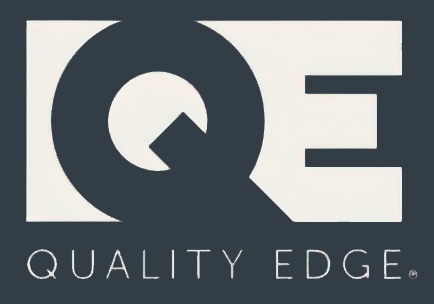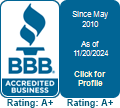Combine love and business? Is that really a good idea? It all depends on your definition of love.
Tim Sanders favors a definition from the author from Milton Mayeroff, who wrote that love “is the selfless promotion of the growth of the other.”
Sanders, who himself is the author of Love Is the Killer App, says that, “When you help others grow to become the best people that they can be, you are being loving — and as a result, you grow.”
It’s a virtuous cycle… get it?
To be crystal clear, Sanders went ahead and invented his own definition of love for the business world. He says, “Love is the act of intelligently and sensibly sharing your knowledge, networks, and compassion with your business partners.”
The author argues that you should do this because it’s the right thing to do, and because you want to operate this way. If you do it only on a quid pro quo basis – I do something nice for you, then you do something nice for me – people will see through your ruse. (You’d just be a matcher, as Adam Grant wrote in another great book, Give and Take; matchers don’t reap the benefits that givers do.)
“The less you expect in return for acts of professional generosity,” says Sanders, “The more you will receive.”
It has to do with being genuine. You can’t fake being selfless; people are extraordinarily good at smoking out anyone who merely pretends to be kind.
The “help others” mindset makes a tremendous foundation upon which to build a great company. It works about 100x better than putting up motivational posters in your HR department. To take hold, it has to be something that both leaders and employees not only say but also do. This is called being congruent: your actions match your words.

“Love is the act of intelligently and sensibly sharing your knowledge, networks, and compassion with your business partners.”
– Tim Sanders, Love is the Killer App
If you don’t believe us, take a look at what Sanders wrote in FastCompany about his philosophy and its effectiveness:
Over and over again, I’ve discovered that the businesspeople who are the busiest, the happiest, and the most prosperous are the ones who are the most generous with their knowledge and their expertise. People who love what they’re doing, who love to learn new things, to meet new people, and to share what and whom they know with others: These are the people who wind up creating the most economic value and, as a result, moving their companies forward.

Instead of merely hiring based on who is the smartest or the best at operating a certain kind of machine, consider hiring people who at their core embrace this sort of mindset. You can train someone to learn about your products, your CRM platform or a certain management principle, but it’s much harder to train someone to be kind and supportive.
Love is one of the fastest, most effective, and least expensive ways to build a strong brand – personal or corporate – and even stronger relationships.





